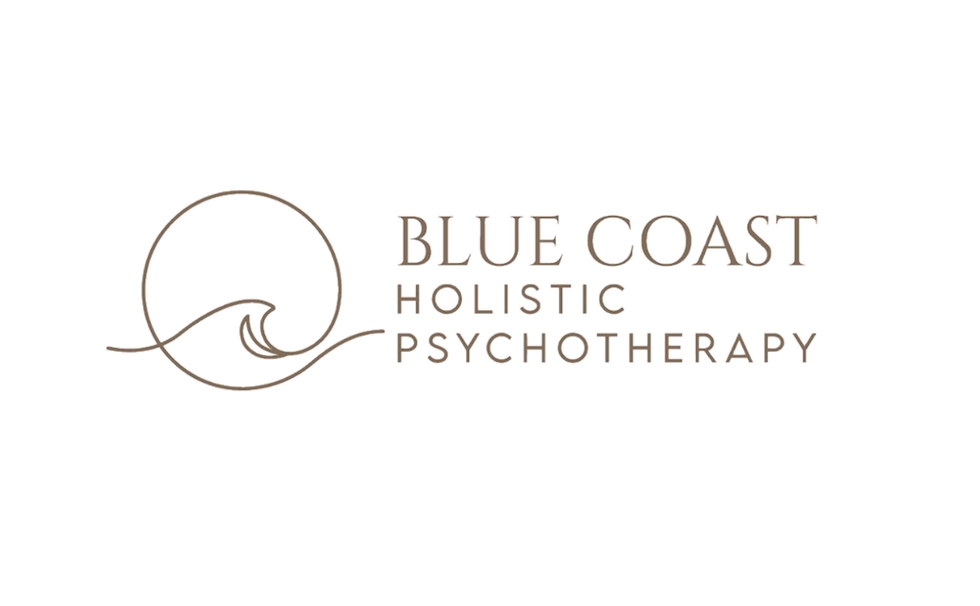Stress vs. Anxiety: How to Tell the Difference (and When to Get Help)
- Brianna King
- Aug 21, 2025
- 3 min read
Updated: Dec 3, 2025
One of the most common questions therapists are asked is: "What is the difference between stress and anxiety?" We have all heard these terms used interchangeably, which can lead to confusion about what you might be experiencing. I am here to break this down for you and explain practical ways you can manage each one.

We’ve all felt stress before—deadlines, family responsibilities, unexpected changes. Stress is a normal part of life. However, sometimes those feelings of pressure don’t go away. Instead, they linger, grow, and start to feel overwhelming. That’s when many people wonder: Is this just stress, or is it anxiety?
Understanding the difference between stress and anxiety can help you know when it’s time to seek support. This could be through lifestyle changes, coping strategies, or therapy in Sarnia.
What Is Stress?
Stress is your body’s natural response to a challenge or demand. It’s often caused by external pressures—like work deadlines, financial worries, or caring for loved ones.
Signs of Stress
Signs of stress can include:
Muscle tension or headaches
Difficulty sleeping
Irritability or frustration
Trouble focusing
Feeling physically “wound up”
Stress usually fades once the situation resolves. For example, you may feel relief after finishing a big project at work, or your physical symptoms may disappear after resolving a conflict with a loved one.
What Is Anxiety?
Anxiety can feel similar to stress, but it’s more than just a response to external pressure. Anxiety often shows up even when there isn’t an immediate stressor. It lingers and can affect your ability to function day-to-day.
Signs of Anxiety
Signs of anxiety may include:
Constant worry, even about small things
Restlessness or difficulty relaxing
Racing thoughts that won’t quiet down
Panic attacks or intense fear
Avoidance of certain situations
Unlike stress, anxiety doesn’t always have a clear “cause,” and it doesn’t automatically go away when the situation changes.
The Key Differences Between Stress and Anxiety
While stress and anxiety overlap, here’s a simple way to distinguish them:
Stress is usually triggered by something external (work, school, relationships).
Anxiety often comes from within—persistent, excessive worry that continues even when the external pressure is gone.
Stress tends to resolve once the situation passes, while anxiety can persist long-term.
When Stress Turns Into Anxiety
Stress can sometimes lead to anxiety, especially if your body and mind don’t get a chance to recover. Chronic stress keeps your nervous system activated, making it harder to relax, sleep, or feel calm. Over time, this can develop into anxiety disorders if left untreated.
How Therapy or Counselling in Sarnia Can Help
Whether you’re dealing with everyday stress or ongoing anxiety, therapy can provide tools to manage your symptoms and improve your well-being. At Blue Coast Holistic Psychotherapy, we use approaches that address both the mind and body, including:
Cognitive Behavioural Therapy (CBT): Helping you reframe unhelpful thought patterns.
Somatic & Mind-Body Approaches: Grounding, breathwork, and nervous system regulation.
Holistic Support: Looking at sleep, nutrition, lifestyle, and past experiences.
The Importance of Seeking Help
It’s essential to recognize when you need support. Have you noticed that stress is affecting your daily life? Are you feeling overwhelmed? Seeking help is a sign of strength, not weakness.
Final Thoughts
Stress is part of life—but if it feels constant, overwhelming, or has shifted into anxiety, support is available. You don’t have to manage it alone.
If you’re looking for a therapist in Sarnia to help with stress or anxiety, Blue Coast Holistic Psychotherapy is here to walk alongside you. Together, we can help you find relief, resilience, and a stronger sense of balance.
Reach out today to book a consultation, or take a look at our anxiety therapy page.
Additional Resources for Managing Stress and Anxiety
Understanding stress and anxiety is just the first step. Here are some additional strategies that might help you manage these feelings more effectively:
Practice Mindfulness
Mindfulness involves being present in the moment. It can help you become more aware of your thoughts and feelings without judgment. Simple practices like deep breathing or meditation can be beneficial.
Engage in Physical Activity
Regular exercise is a powerful stress reliever. It releases endorphins, which can improve your mood. Even a short walk can make a difference.
Establish a Support Network
Connecting with friends or family can provide emotional support. Sharing your feelings can lighten the load and help you feel understood.
Explore Relaxation Techniques
Techniques such as yoga, tai chi, or progressive muscle relaxation can help calm your mind and body. These practices encourage relaxation and can reduce anxiety levels.
Prioritize Self-Care
Taking time for yourself is crucial. Whether it’s reading a book, enjoying a warm bath, or pursuing a hobby, self-care can rejuvenate your spirit and help you cope with stress.
Remember, you are not alone in this journey. If you ever feel overwhelmed, consider reaching out for help. Together, we can navigate the path toward healing and well-being.



